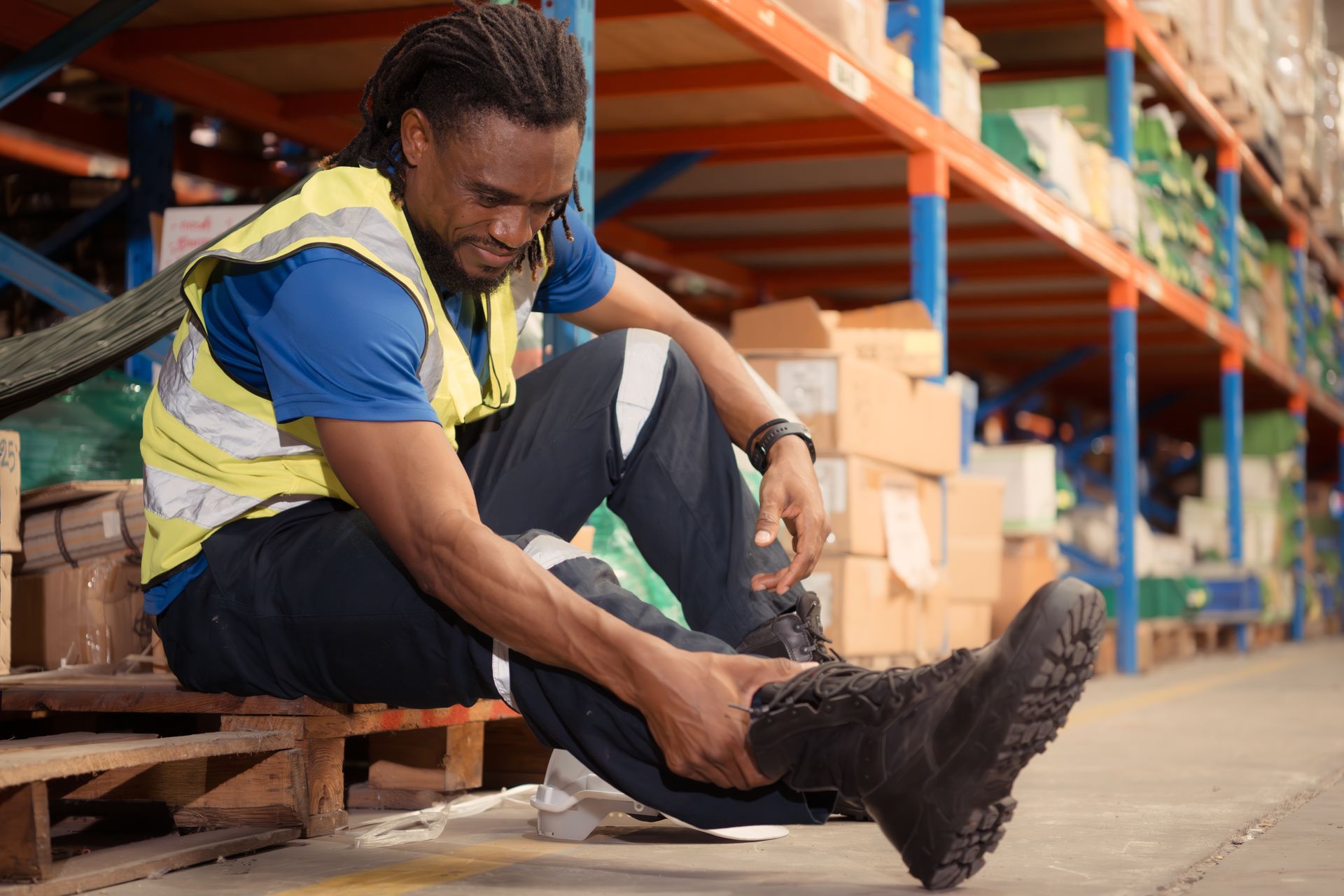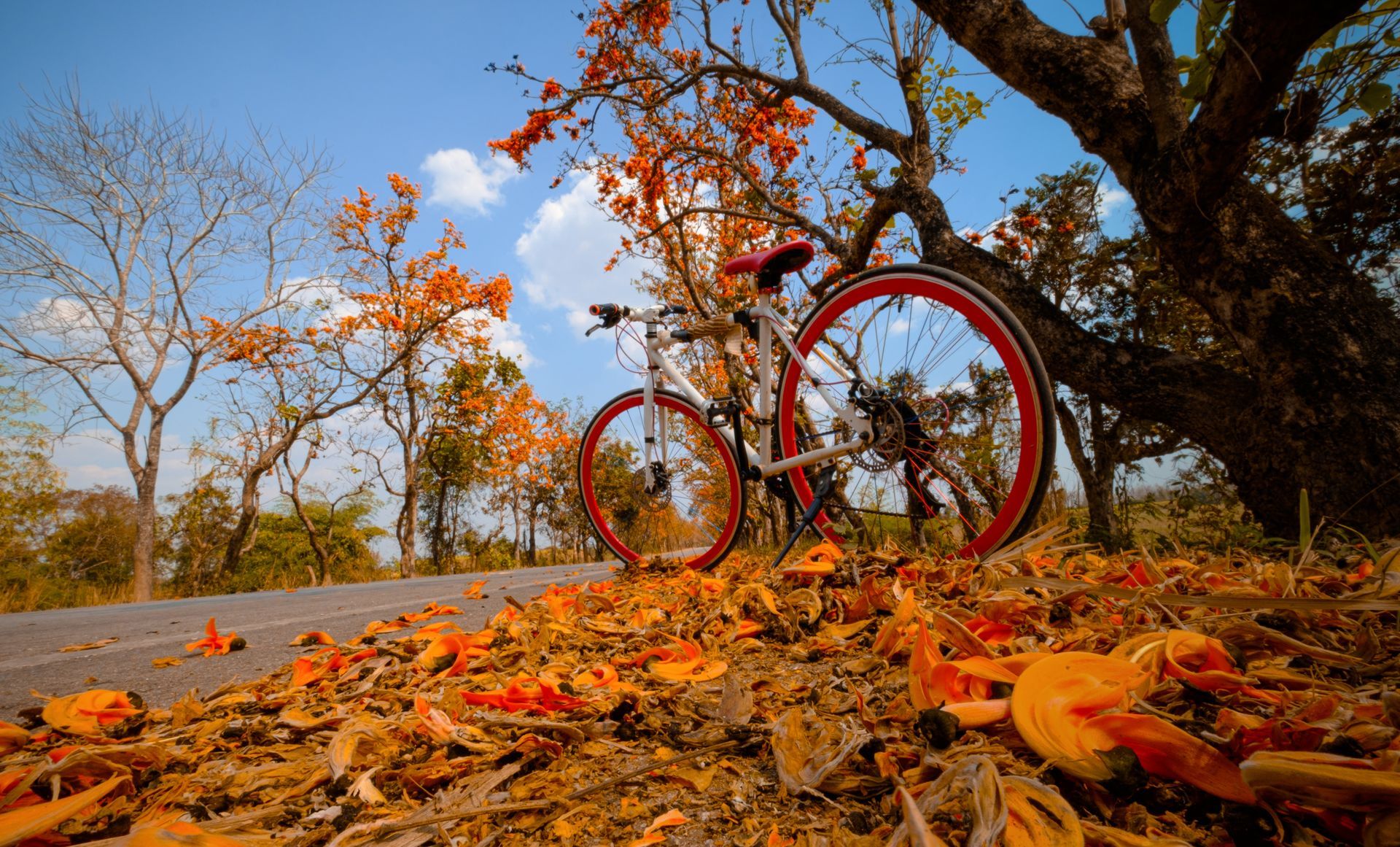Avoid the "Sitting Disease"
Originally posted on Healthy Cells Magazine.
Here at the Vein Specialists, we talk a lot about varicose veins and spider veins – after all, treating these conditions is our job – it’s what we do! Varicose veins are swollen, twisted veins that are underneath the skin’s surface. They are caused by increased blood pressure in the veins from weakened or damaged valves. While they not only look ugly, they are often painful and, if untreated, they can lead to serious health conditions such as blood clots. Spider veins don’t usually cause the same health problems as varicose veins, but they can turn into varicose veins and they are just as unsightly.
While our practice is focused on treating vein conditions, we also care for the whole person. And one of the most serious threats to our health is a sedentary lifestyle. Some experts have even started calling this the “sitting disease!”. Prolonged hours of sitting or standing has proven to increase the risk of developing varicose veins or accelerate symptoms of varicose veins as well as contribute to many other health issues such as heart disease, diabetes and depression.
It can be frustrating to know that varicose veins are often an inherited condition, and there isn’t anything you can about that. Varicose veins are also more likely to appear as you get older – and there isn’t anything you can to about that either! However, you do have control over how active you are and how much you incorporate exercise into your daily life. It’s not that hard – so why do so many of us simply not do it?
A big reason is that those pesky excuses get in the way. Not having enough time to exercise is probably one of the biggest roadblocks. While it's true that most people are probably extremely busy, realize and admit that “not having time” really means that exercising is simply not a priority. We find time to do the things that we decide are important like attend our kids’ sporting events, meet deadlines for work, take a shower, etc. We probably also make time to do lots of things that aren’t so important like watch TV or scroll Facebook. So we have the choice to watch TV instead of exercise.
Thankfully, you don’t have to “work-out” or make exercise a planned activity in order to reap the benefits. In fact, even a hard workout once a day does not compensate for 12 hours of sitting the rest of the day. Here are some suggestions to fit more activity into your daily life.
- If you are working at a desk all day, set a reminder every hour to get up and walk around for 5 minutes. Fitness trackers are terrific for this. That goal of 10,000 steps and the buzz on your wrist is highly motivating!
- When watching television, use the commercial time to get up and walk up and down the stairs or do some leg lifts.
- Balance on one leg or do a few knee bends while brushing your teeth
- Shop in real stores instead of online.
- At the grocery store, park further away and take a brisk walk to the doors. Lift those bags a couple times before putting them in the trunk.
- Research has shown that people who exercise first thing in the morning tend to be more successful at sticking to it. First thing in the morning helps you resist the temptation to put it off until another day and helps ensure that a hectic family schedule or other priorities don’t overtake your commitment.
- Exercise with a friend. Not only does this give you a measure of accountability, it’s more fun! You won’t want to be the one who didn’t show up!
- Walking is especially good for people who suffer from varicose veins because it is very low impact, helps build up your calf muscles that helps with blood flow to the rest of your body. In addition, it’s easy, requires no special equipment, and can be done anywhere. Start by simply walking 30 minutes a day.
Exercising and adding more activity to your life does not mean that you won’t get varicose veins or that you can get rid of them through exercise. But exercise may cause your varicose veins to look and feel better and can help reduce your risk of getting more. If you already have varicose veins, be sure to check with your healthcare provider.
Don’t allow the “sitting disease” to sneak into your life. Small steps can make a big difference. Make it a priority to get active or stay active because your health depends on it.
If you’re experiencing any of the symptoms of venous disease, set up an appointment with one of the physicians at The Vein Specialists immediately. During your initial consultation, one of their physicians will help you understand the underlying cause of your varicose veins, explain your treatment options, and then guide you through every step of your procedure and recovery. Call their office today at (309) 862-4000, you’ll be glad you did! They have convenient locations at 3302 Gerig Drive in Bloomington or 2011 Rock Street, Suite C in Peru.











